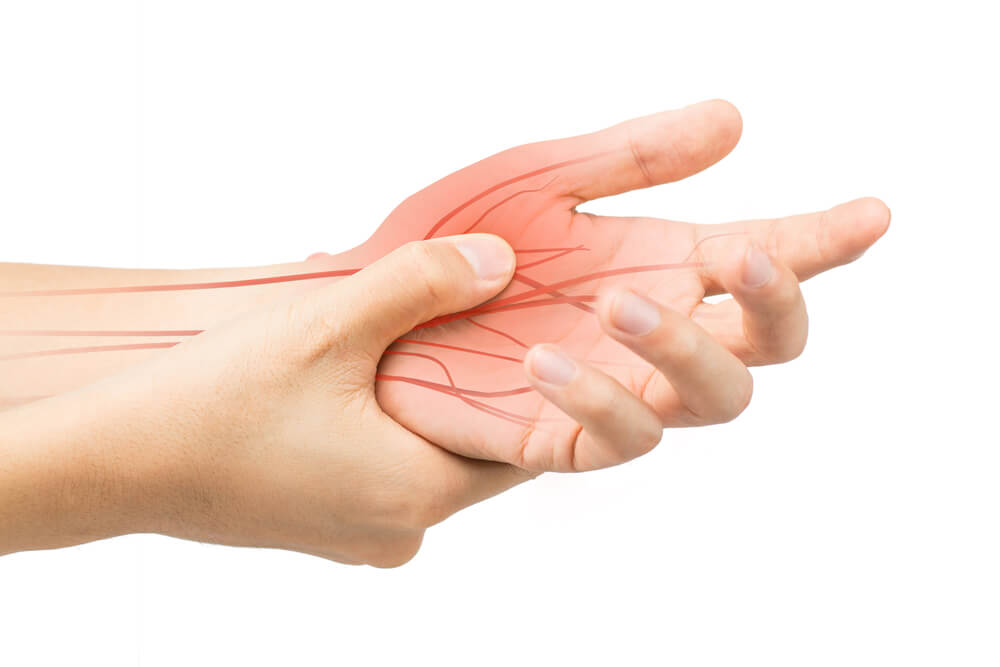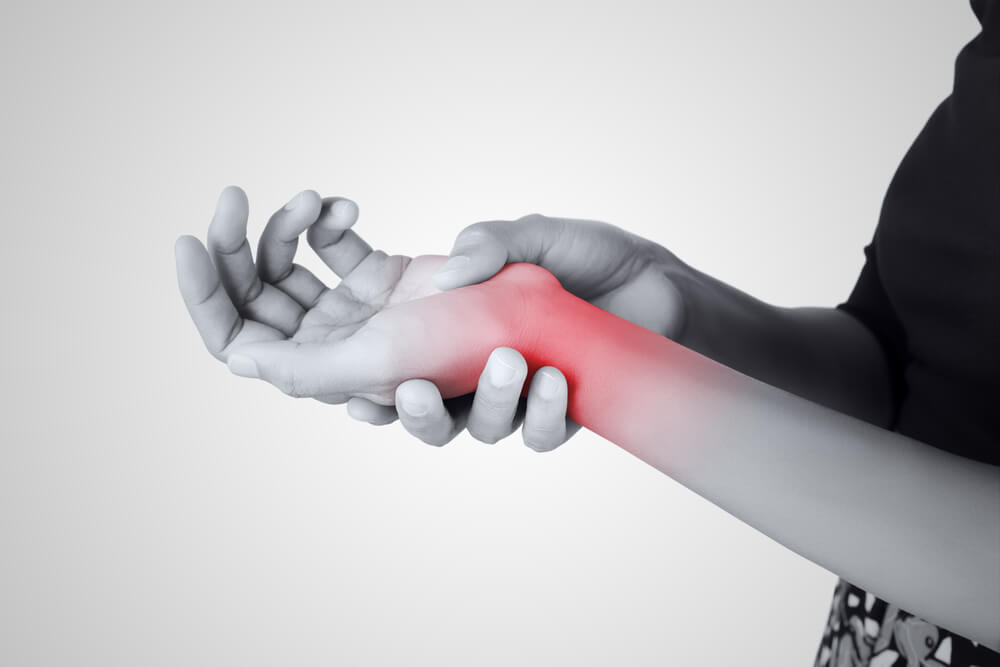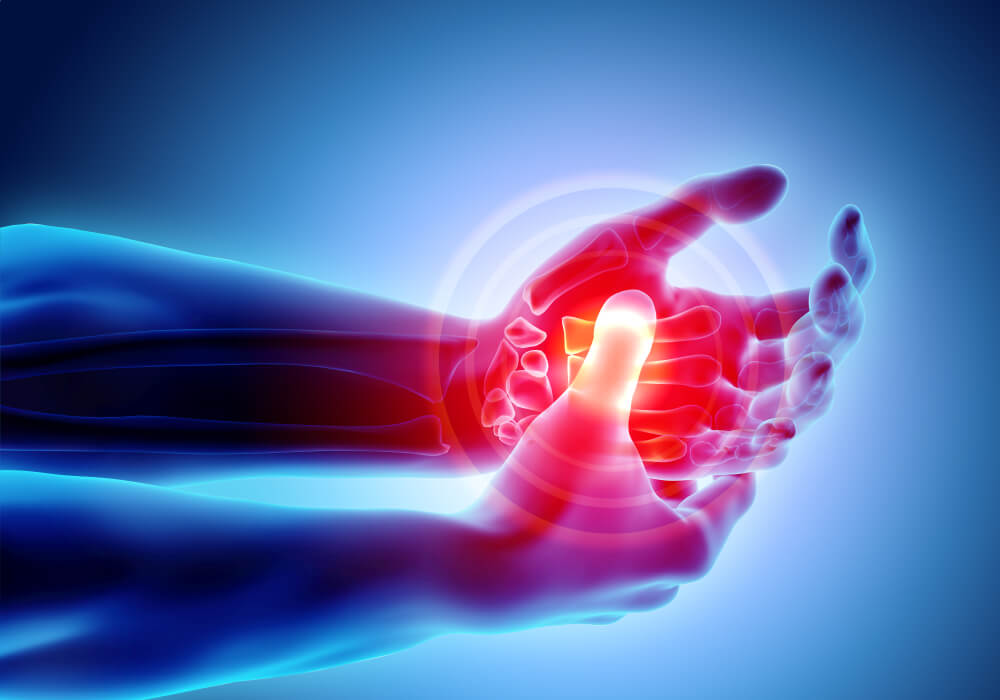
Persistent nerve pain, or neuropathic pain can be caused by anything from trauma, mechanical irritation, infection, inflammation, burns or prolonged immobilisation of a limb. It can even turn up at times with very little history. Symptoms can vary from an ache through to sharp, prickling, tingling, burning or electric shock sensations. If you have nerve pain you might wonder how physiotherapy can help to offer your relief. In this article we’ll be exploring some of the most common types of nerve pain and how Physio can help!
Types Of Nerve Pain
- Carpel tunnel syndrome – Carpel tunnel syndrome is caused by pressure on the median nerve along your arm, which controls the movement of your fingers and thumb. It’s commonly brought on by repetitive motion and symptoms can include tingling, pain or numbness.
- Sciatica – Sciatica is the irritation or compression of the sciatic nerve, which generally results in pain or a burning feeling down the length of the nerve. There are a number of conditions which can cause this symptom, including a lumbar disc bulge or herniation, lumbar spinal stenosis, and piriformis syndrome.
- Pudendal neuralgia – Pudendal neuralgia is a disorder of the pudendal nerve, which runs through the buttocks and into the perineum. It’s characterised by a burning sensation in the pelvis and groin, and can be caused by trauma, such as childbirth, or pudendal nerve entrapment, due to issues such as prolonged sitting.
- Trigeminal neuralgia – Trigeminal neuralgia affects the trigeminal nerve, which provides sensation to the face. It causes severe face and neck pain, often in short bursts, and can be triggered by activities such as chewing or touching the face.
These are some examples of some of the various forms of nerve pain, and they can be a symptom of many underlying conditions. The most common types of nerve pain which are seen in the physiotherapy clinic are sciatica and neck related or upper limb nerve pain. Nerve pain is not always obvious and may feel like heaviness or weakness in a limb. Some people present saying my arm or leg feels ‘heavy’.
Treating Nerve Pain
If you suspect you’re suffering from nerve pain, or you just aren’t sure, your physio will be able to carry out a thorough assessment and then develop an appropriate treatment plan using a range of techniques to address the underlying cause. In some cases, sharp pain which you may associate with nerve pain is actually the result of tight or inflamed muscles and joints. Your Physio will also ask the right questions to rule out the need for further investigation.
At Integrity Physio in Como/South Perth, we have the necessary training, skills and experience to assist with the relief of nerve pain. Our Senior Physiotherapists have over 10 years of clinical experience and a have a range of interventions available, including joint mobilisation and manipulation, massage, dry needling, specific home exercise prescription and one on one supervised exercise sessions. We look forward to meeting you!
For nerve pain physio treatment, contact Integrity Physio today on (08) 9368 0458.




